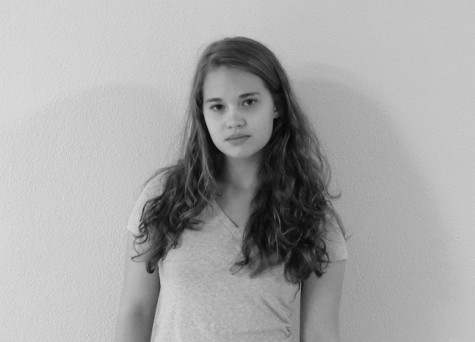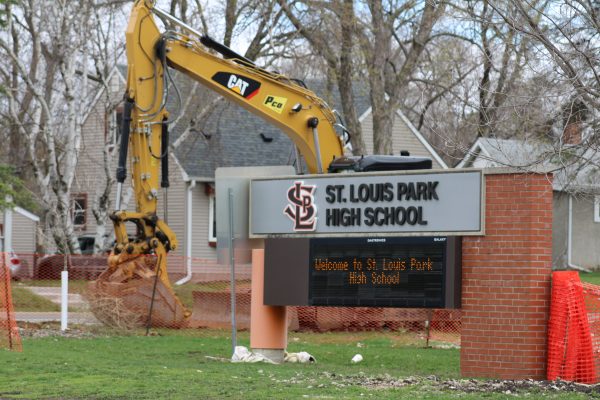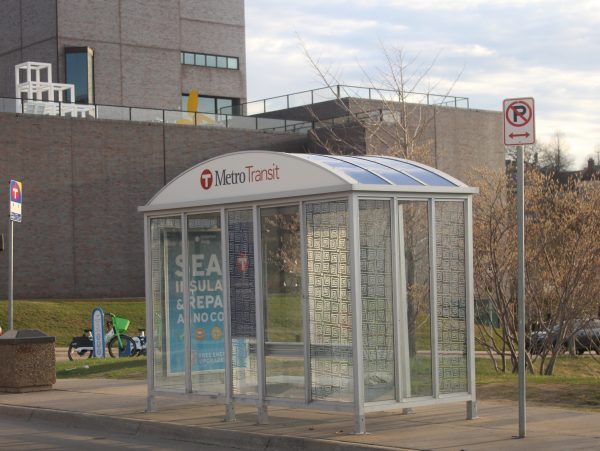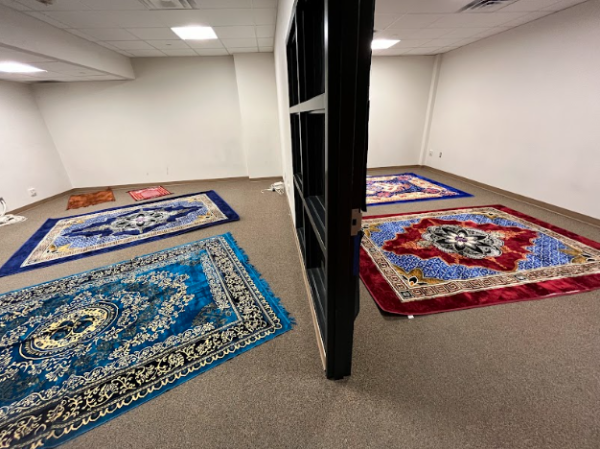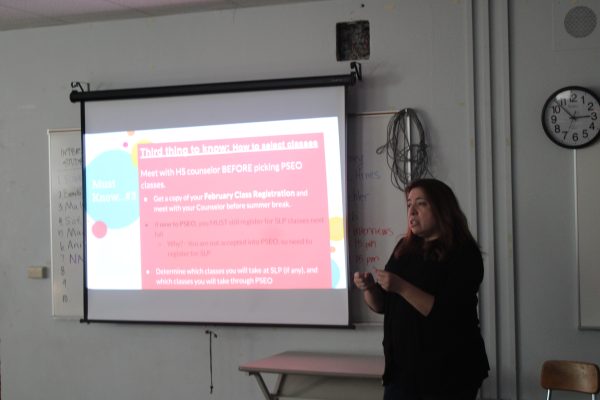Community stands against proposed Light Rail reroute plan
Angry residents oppose plan to run freight rails through St. Louis Park
February 28, 2014
Frustration filled the air as angry members of the St. Louis Park community crowded the auditorium Feb. 12, urging the Metropolitan Council, the overseers of Southwest Light Rail project, to drop the revised proposal to run a freight rail through St. Louis Park neighborhoods.
Audience members shouted criticism at the planners, condemning the proposal to bring freight rail traffic to St. Louis Park. They requested that the co-location proposal be put up for reconsideration. This would mean the freight rail and light rail would run alongside each other and the bike trail would be removed, which currently runs beside the freight rail. Many asked the Met Council why the reroute option through St. Louis Park was being reconsidered, but the plan which involved the removal of the bike paths was not.
One man started chanting, “Hell no, get out, we don’t want no reroute.”
Laura Baenen, communications manager for the Southwest Light Rail project, said the reason why this proposal was reopened is because they were asked by the office of Gov. Mark Dayton to take a second look at some of the proposals.
“The Chair of the Met Council said the governor’s office asked the Met Council to hire consultants for the freight rail option, and also for the effects of the water quality in the Kenilworth corridor,” Baenen said.
At the meeting, Met Council Chairwoman Susan Haigh said although the proposals that considered removing the bike paths from Kenilworth were once an option, the Met Council was not asked to reopen these proposals, contributing to the uproar of the audience.
According to Haigh, the Met Council is still in the preliminary stages of analyzing the proposed routes for a second time, and the purpose of this most recent meeting was to hear the community’s opinion of the proposal.
St. Louis Park mayor Jeff Jacobs delivered a speech unanimously approved by the City Council, which was critical of the reroute plan.
“The St. Louis Park option requires taking homes and businesses.The Kenilworth option does not,” Jacobs said. “The St. Louis Park option closes important streets. Kenilworth does not. The St. Louis Park option creates safety risks at a school. Kenilworth does not. The goal is not the cheapest plan, but the best one.”
Baenen said the Corridor Management Committee (CMC) had advised the Met Council to not co-locate through the Kenilworth corridor. This was due to safety concerns for the trail users, if it were to be relocated.
“Last year, the project engineers examined and identified six different options for co-location through Kenilworth, some of which included elevating or running it over city streets. The project engineers recommended to not do this,” Baenen said. “One of the reasons to not relocate the bike trails is for safety reasons. There are half a million users of the bike trail per year, and they felt it would be unsafe to put (the bike trails) on the streets of Minneapolis.
Furthermore, the School Board protested against the new proposal. School Board president Nancy Gores also gave a unanimously approved speech on behalf of the Board and cited negative impacts a reroute would have on the high school.
“When you run a train this close, seven times a day, it adds up to a lot of time lost,” Gores said. “This is not acceptable. Education stops when the trains go by. The transportation delays from busing costs us money, which comes from the classroom and that is not fair to students.”
Senior Kim North said it would be disruptive to the student’s learning environment if the freight rail was to run right next to the high school.
“It would be an interruption because trains are loud and it would create more traffic and add to the danger of students crossing the street,” she said.



